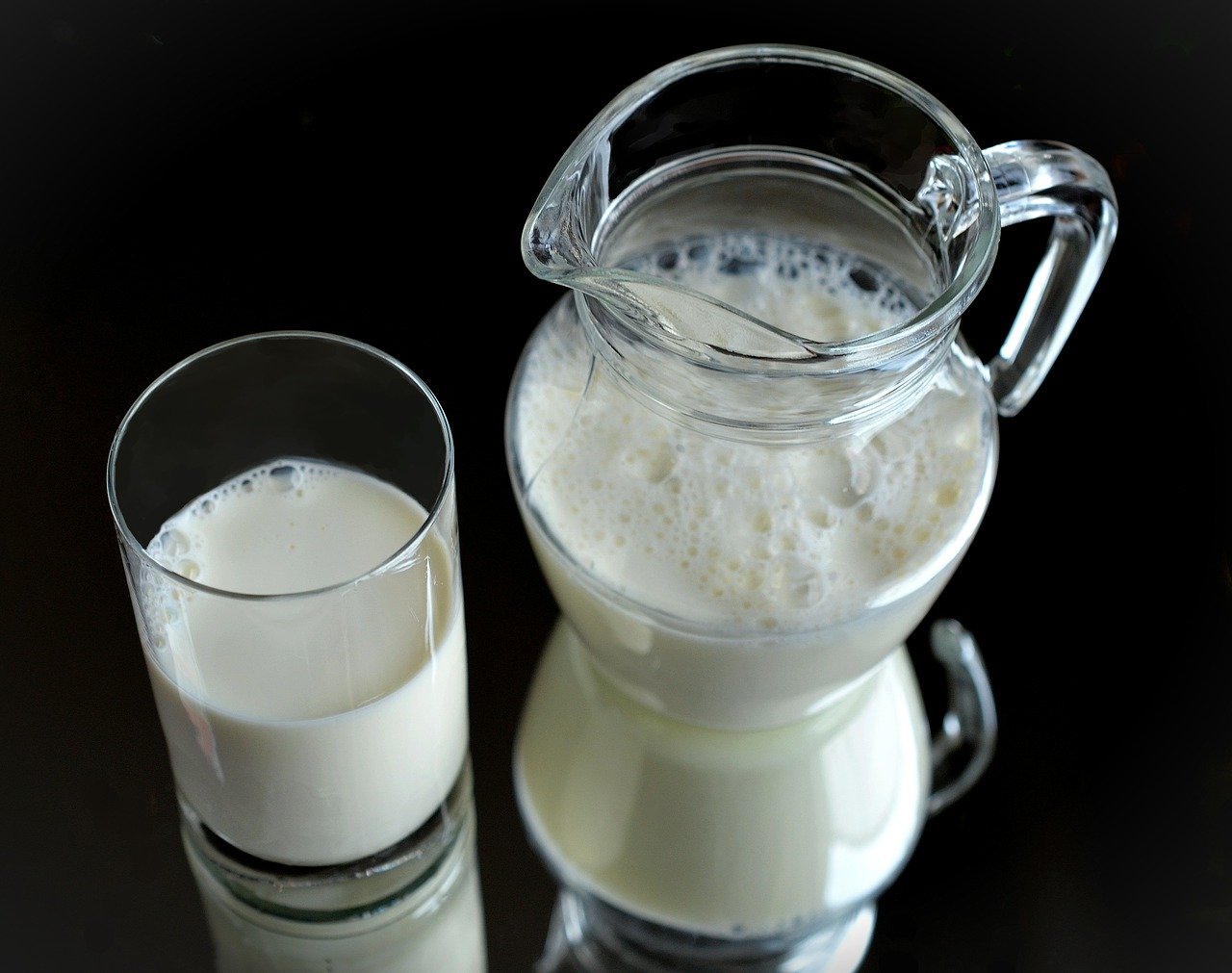In May 2019 researchers from Spain published their review of the medical scientific literature to assess the impact of dairy intake on health and all-cause mortality, and on the prevention of chronic diseases. Milk and dairy products contain multiple nutrients and contribute significantly to meet the nutritional requirements for protein, calcium, magnesium, phosphorus, potassium, zinc, selenium, vitamin A, riboflavin, vitamin B-12, and pantothenic acid. However, consumption of dairy products is decreasing and moving away from the advised level in many countries and in addition the potential benefits of milk and dairy products for health have come under question. Results show that moderate maternal milk consumption during pregnancy has a positive effect on infant birth weight, length and bone mineral content during childhood. Moreover, consumption of dairy products in older individuals may reduce the risk of frailty and decrease the risk of sarcopenia (the loss of skeletal muscle mass and strength as a result of ageing). There is no clear association between a high consumption of dairy products with risk of fractures due to osteoporosis and hip fractures although a reduced risk of vertebral fractures has been found. Total and low-fat dairy consumption is also associated with a reduced risk of developing metabolic syndrome and there is evidence that consumption of dairy may even have a protective effect on the risk of cardiovascular disease. In fact, a higher consumption of dairy products appears to reduce the risk of ischaemic heart disease and heart attacks. Also, evidence suggests that dairy consumption, particularly low-fat dairy and yogurt, is associated with a lower risk of diabetes type 2. Likewise, a moderate consumption of dairy is associated with a lower risk for colorectal and bladder cancer and there is no association between dairy product consumption and prostate cancer. In addition, consumption of milk or dairy products does not appear to have a pro-inflammatory effect on healthy subjects, overweight/obese individuals, or individuals with other metabolic abnormalities, and fortification of dairy products with phytosterols and omega-3 fatty acids seems to be a good approach to improve cardiometabolic risk factors. Finally, an analysis of the differences between high and low dairy consumption has found no association between dairy product consumption and risk of dying prematurely.
Gil Á, Ortega RM. Introduction and Executive Summary of the Supplement, Role of Milk and Dairy Products in Health and Prevention of Noncommunicable Chronic Diseases: A Series of Systematic Reviews.Adv Nutr. 2019 May 1;10(suppl_2):S67-S73.

